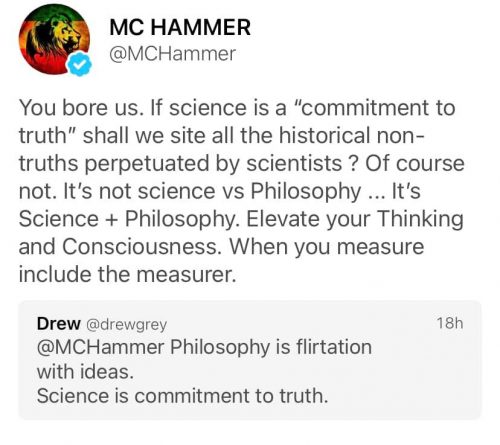I mentioned before that I got into a conversation with Kevin Logan and Kristi Winters about this painfully narrow video on philosophy of science by another YouTuber, King Crocoduck. It’s patently obvious that KC knows next to nothing on the subject, and is really just desperately rationalizing his hatred of social justice.
The video of our conversation was recently posted. It starts at about 8:20, and goes on for THREE (3) HOURS. I’m sorry. Here, you watch it, I’ve got to trundle a cat down to the vet (ooh, she’s going to hate me, she does not like to go to strange places), and maybe I’ll be back by the time you’re done.
(Note: none of us are philosophers. We should have recruited one to join us.)





